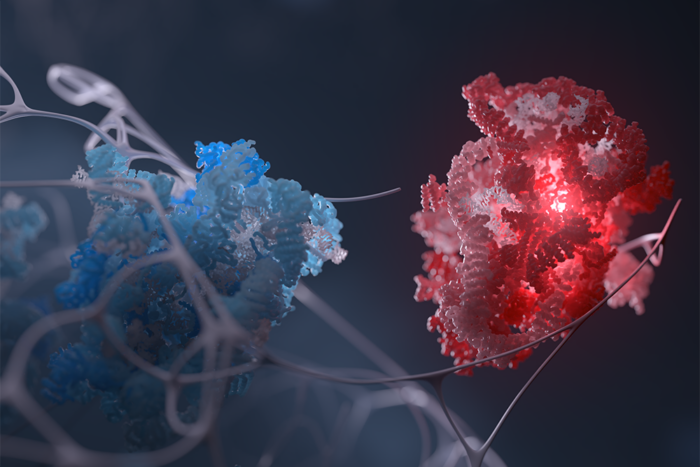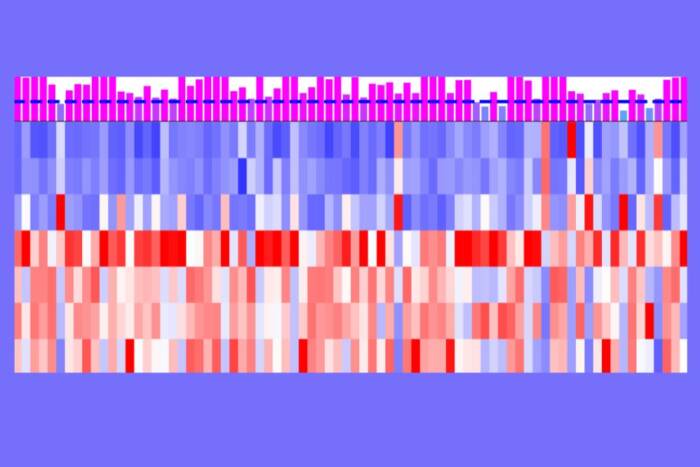Journal of Experimental Medicine 209: 661-669 (March 12, 2012)
Journal of Experimental Medicine 209: 661-669
Histone H3 lysine 9 di-methylation as an epigenetic signature of the interferon response(opens in new window)
Terry C. Fang, Uwe Schaefer, Ingrid Mecklenbrauker, Astrid Stienen, Scott Dewell, Marie S. Chen, Inmaculada Rioja, Valentino Parravicini, Rab K. Prinjha, Rohit Chandwani, Margaret R. MacDonald, Kevin Lee, Charles M. Rice and Alexander Tarakhovsky
Effective antiviral immunity depends on the ability of infected cells or cells  (opens in new window)triggered with virus-derived nucleic acids to produce type I interferon (IFN), which activates transcription of numerous antiviral genes. However, disproportionately strong or chronic IFN expression is a common cause of inflammatory and autoimmune diseases. We describe an epigenetic mechanism that determines cell type–specific differences in IFN and IFN-stimulated gene (ISG) expression in response to exogenous signals.
(opens in new window)triggered with virus-derived nucleic acids to produce type I interferon (IFN), which activates transcription of numerous antiviral genes. However, disproportionately strong or chronic IFN expression is a common cause of inflammatory and autoimmune diseases. We describe an epigenetic mechanism that determines cell type–specific differences in IFN and IFN-stimulated gene (ISG) expression in response to exogenous signals.


